Humans are habitual creatures. We create habits and routines to help us normalize and familiarize ourselves with the unknown.
For example:
I once observed someone go to a pool and sit in the same chair every single day. On one particular day, the chosen chair had fallen leaves piled onto it. His first action was to use his towel to remove the fallen leaves. After trying to clean the chair for a few seconds, he realized that his efforts were futile. That was when he finally decided to consider using the chair he had walked past a few minutes before. The chair simply had about three leaves on it.
The fact that he was willing to do the extra work just to sit in this particular chair shows how powerful a simple routine became a habit in less than three weeks.
Subconsciously, you are creating habits every day by the routines you participate in. Everything you do daily will eventually become a routine that will turn into a habit. This is why creating beneficial and healthy routines is important.
The formation of habits
“Within psychology, ‘habits’ are defined as actions that are triggered automatically in response to contextual cues that have been associated with their performance. – British Journal Of General Practice.
This means that your mind and body need to trigger a contextual clue for an action to follow.
Simply put, if washing your hands (action) before eating (contextual clue) does not happen automatically, you need to set mental reminders to keep you on track until that action happens automatically.
The difference between habits and routines
Habits and routines work hand in hand. Habit familiarizes your body and brain with a new way of doing things, while the routine automatically happens when that new way has been fully integrated.
Habits are the results of routines. When you refer to someone as being stuck in their ways, you’re referring to the habits they have created over their lifetime by following strict routines.
The key element about a habit is that it can always change. You do not have to do the same thing for ten years simply because that’s how you’ve always done it.
This is a refusal to grow and change. With a refusal to grow, you will become stuck in your ways.
How long does it take to develop a habit?
As evident by the story of the pool guy, habits do not take long to become automatic. Truth is, the less elaborate a routine, the easier it is to become a habit.
For example:
Going for a short walk after eating will become a habit easier and more quickly than running five miles every day. Simply because one is viewed as being a simple task while the other seems impossible for a beginner.
When I first decided to start drinking all sixty-four ounces—eight cups—of water daily, I consciously set a contextual clue without understanding what I was doing at the time.
I decided I would immediately drink eight ounces of water every time water exited my body through urination. This became very easy to maintain because I had to walk past the kitchen to get back to what I was doing. So, a quick drink was no hassle. This continued for weeks and eventually, it became automatic. To this day—years after—I still automatically drink a glass of water after urinating.
All of this goes to show that habits take different time frames to form. If something normally takes you a long time to fully understand and absorb then creating a new habit might take a little more time.
The key is don’t have any expectations of when that habit will form. Just keep reminding yourself after every contextual clue. One day, you’ll suddenly realize that you don’t have to remind yourself anymore.
Everything takes time, so be patient with yourself and allow your body and brain to do things at their pace.
Why are habits and routines helpful?
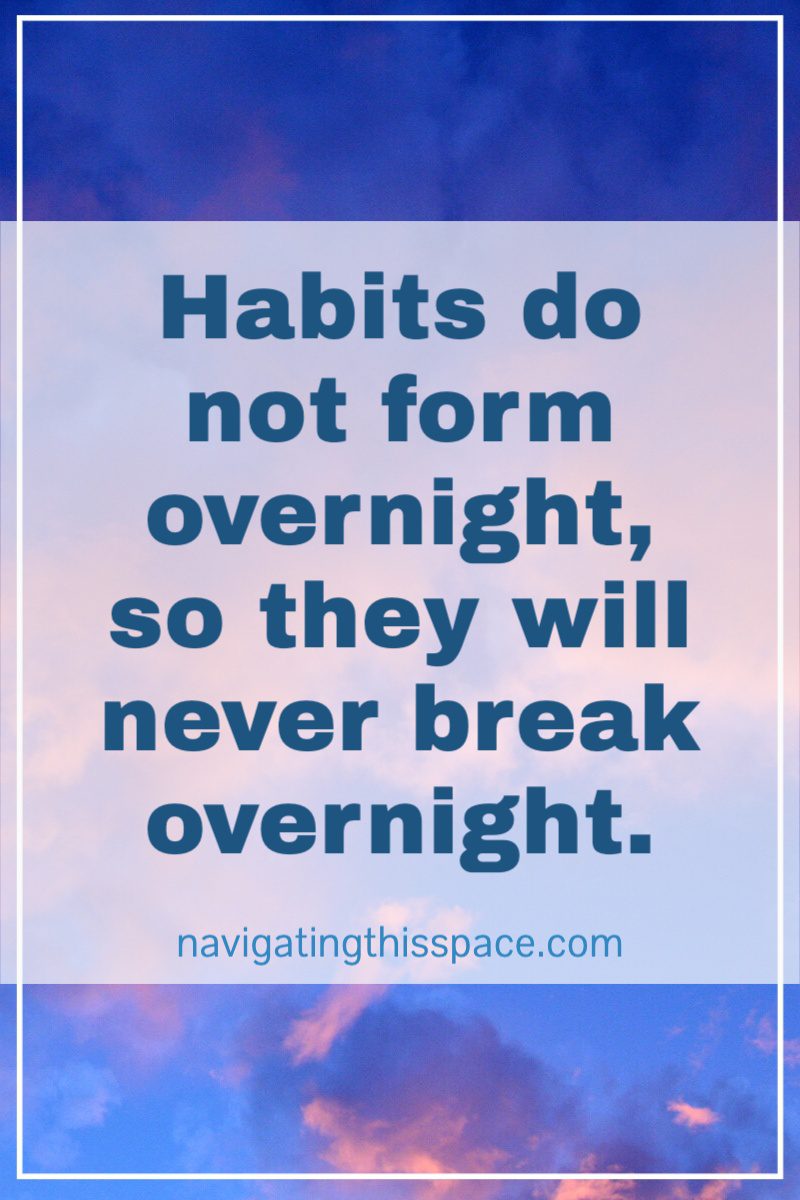
The easiest way to break old habits is to replace them with new ones.
If the habit you’re trying to change has been automatic for years, do not expect it to change within a few days.
Because contextual clues already exist for the old habit, use it to replace the old habit with the new habit you’re trying to integrate.
For example:
Whenever something becomes too stressful, Jade would run to the kitchen and find the sweetest cookie to ease her mind and release the feel-good dopamine that made her feel better. Because of this habit, Jade’s eating habits have declined from semi-healthy to what the heck is happening.
She made the choice to change her diet, but every time she became stressed, she would run to the store and get that sweet cookie that made her feel better.
Jade decided to replace the cookies with a brisk walk around the building followed by a cup of ice-cold water.
She tried for the first two weeks and did great, but one day she was so stressed she took the brisk walk right into the store for a cookie.
Instead of chastising herself for falling off the wagon, the next time she felt stressed out, she reminded herself that it was time for a brisk walk and a cold glass of water.
This routine continued for months until one day while on her walk, she couldn’t pinpoint the exact moment she reminded herself to take this walk. At that moment she realized that her habit had changed.
Jade used her contextual clue (her stress and craving for something sweet) to integrate a healthy action (a brisk walk followed by a cup of water) to break her unhealthy old habit.
She remained dedicated even after she slipped up and had a cookie. She understood that it’s not how many times you fall that matters, it’s how many times you consciously decide to get up and try again.
Why is it hard to break a habit?
Determination and dedication are required if you desire to break a habit.
You must be willing to do the work to reap the benefits. Habits do not form overnight, so they will never break overnight.
Evaluate the habit you’re trying to make, identify the contextual clue that is triggering the action you’re trying to replace, and use the contextual clue to create the change you desire.
To be honest, it will be difficult at first, but so is achieving everything you desire in life. Never take the easy way out when the reward for sticking with your path is much more gratifying.
Simple steps to break a habit
- Identify the reason for wanting to break this habit
- Identify the contextual clue that is triggering your toxic habit
- Create a simple routine to change the automatic action of your contextual clue
- Constantly remind yourself to do the new routine instead of the old habit
- Keep repeating the routine until it becomes automatic
Habits and routines you should start changing
Your morning routine
If the first thing you reach for in the mornings is your phone, it is time to create a morning routine that will benefit your brain instead of overloading it.
Your concentration
According to Dandapani, we have not been taught to concentrate, which is detrimental to our ability to focus on one thing at a time. Creating a simple routine to increase your concentration will help you to be more focused in life.
Your addiction to social media
Constantly checking social media for likes and comments means you’re addicted to the dopamine release you experience when you get the interaction you were hoping for. Doing a social media detox will open your eyes to how much those apps have taken over your life. Create a routine to better handle your social media accounts and detach yourself from the need to impress strangers.
Remember that a simple routine is easier to follow and integrates more quickly than a complex one. Keep things simple.
Habits and routines take time, so be gentle with yourself.
Pin It!
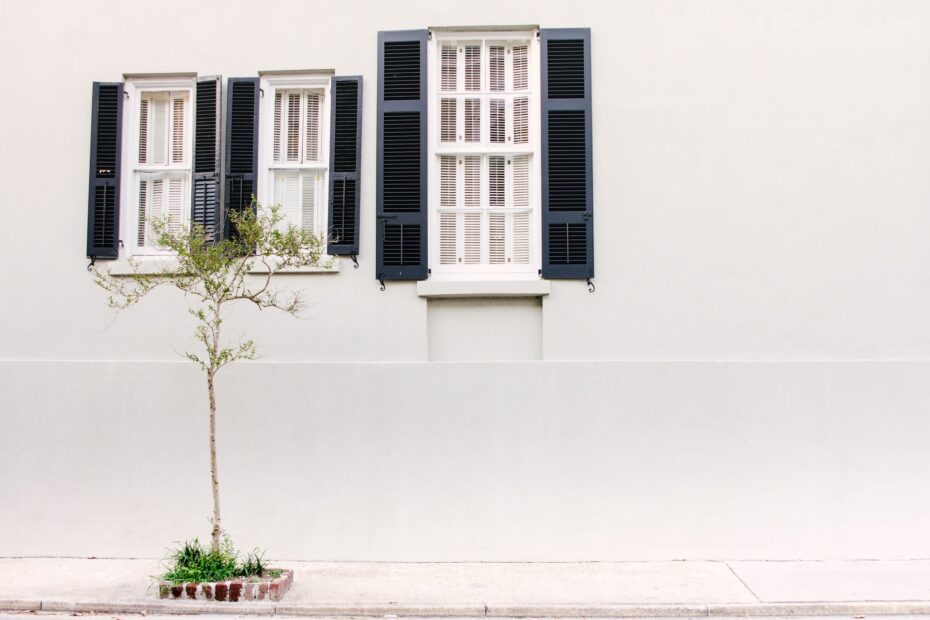
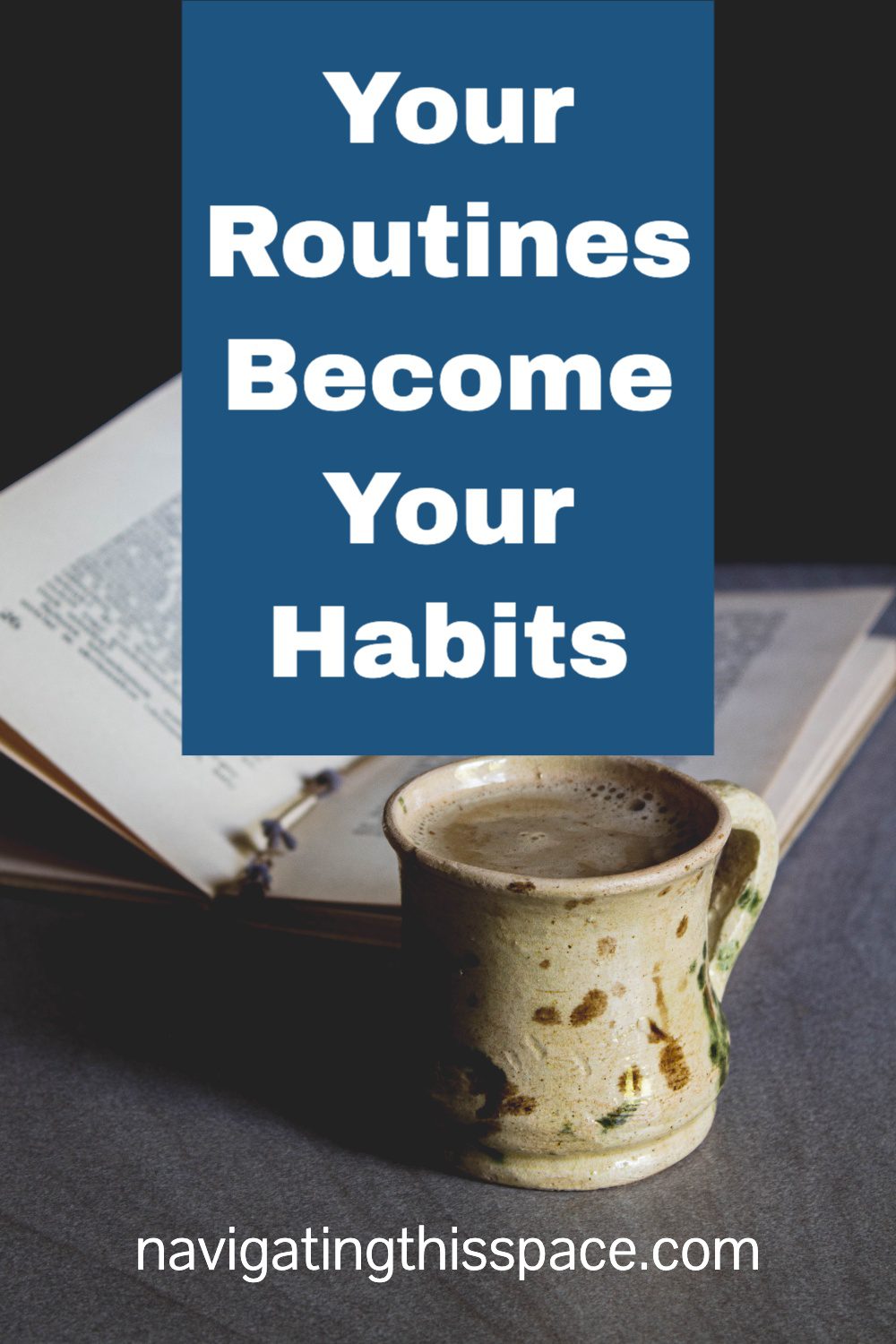
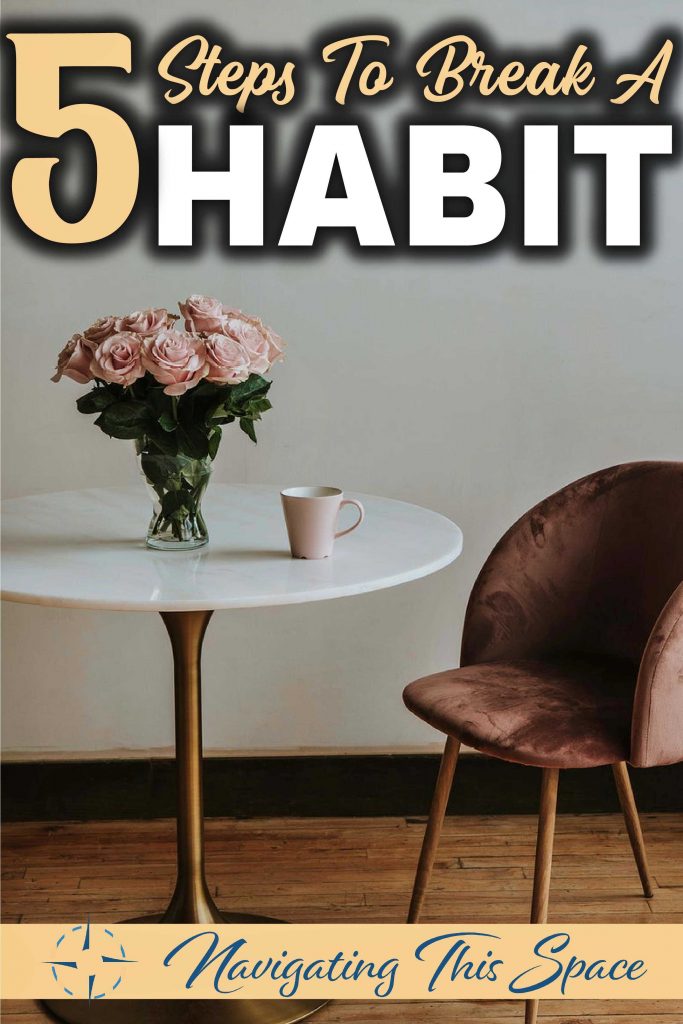
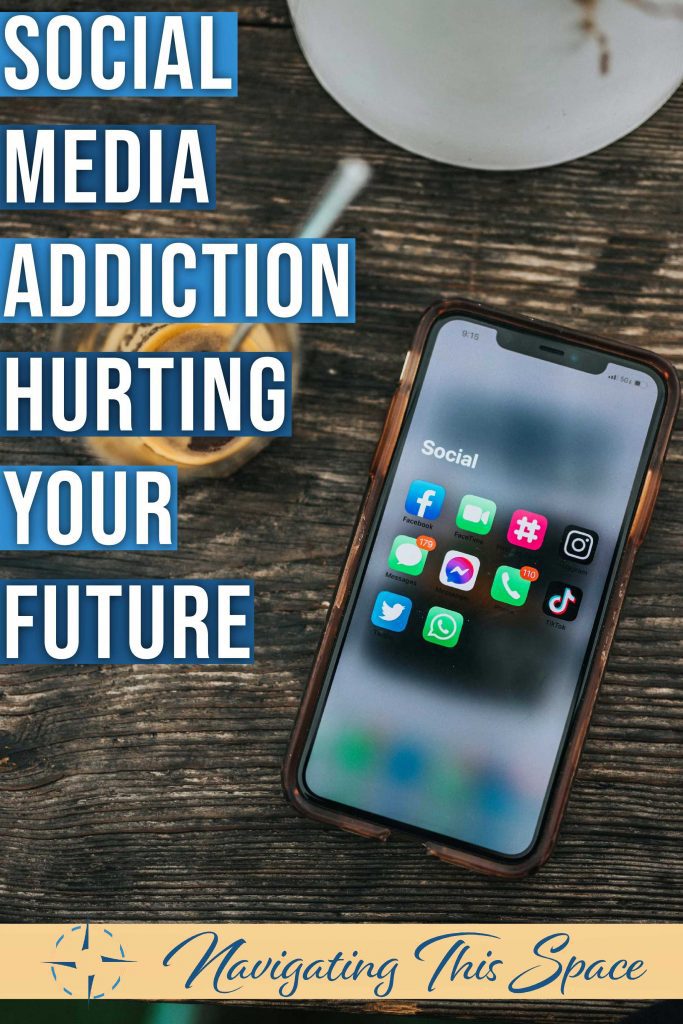

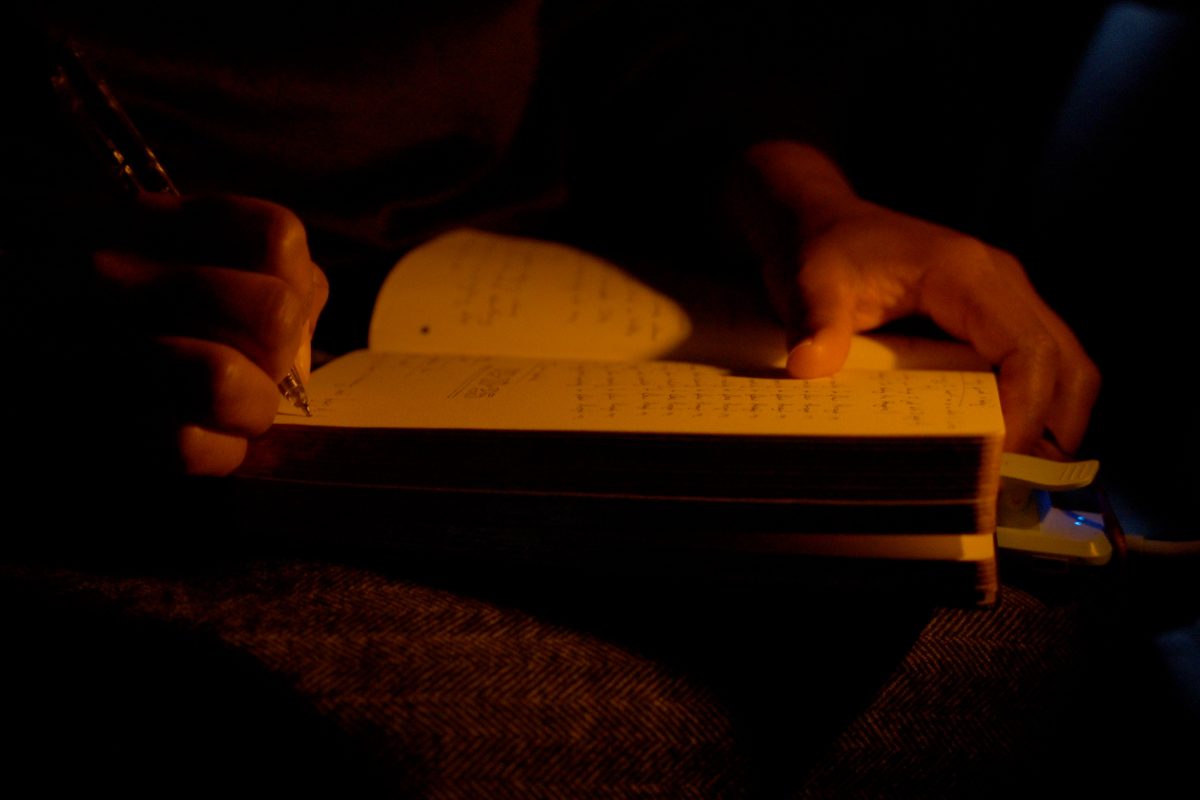
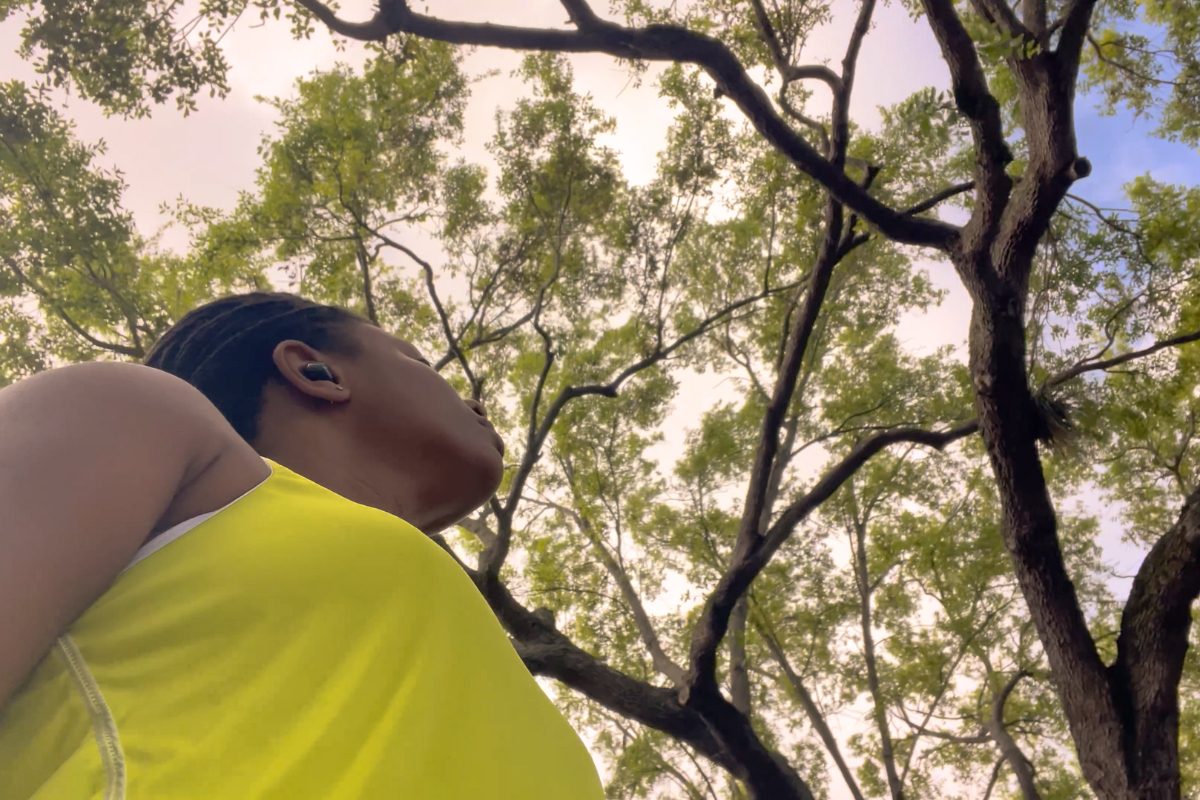
This is a great article. Thank you.
I am always trying to form positive habits. Sometimes I miss, and a bad habit forms with good intentions. As soon as I identify it, I start forming a better habit.
The journey to a better “self” never ends.
You are 100% correct, the journey to a better self is one that never ends but gets better with time. Keep forming those good habits and good job on catching when your good intentions turn in the opposite direction.
Very informative article about habits and relating them to routines! Sometimes we form bad habits and have to turn them around. It’s always a journey bettering yourself and that’s the part to focus on. Not the end goal, but the journey leading up to it. I look forward to reading more articles!